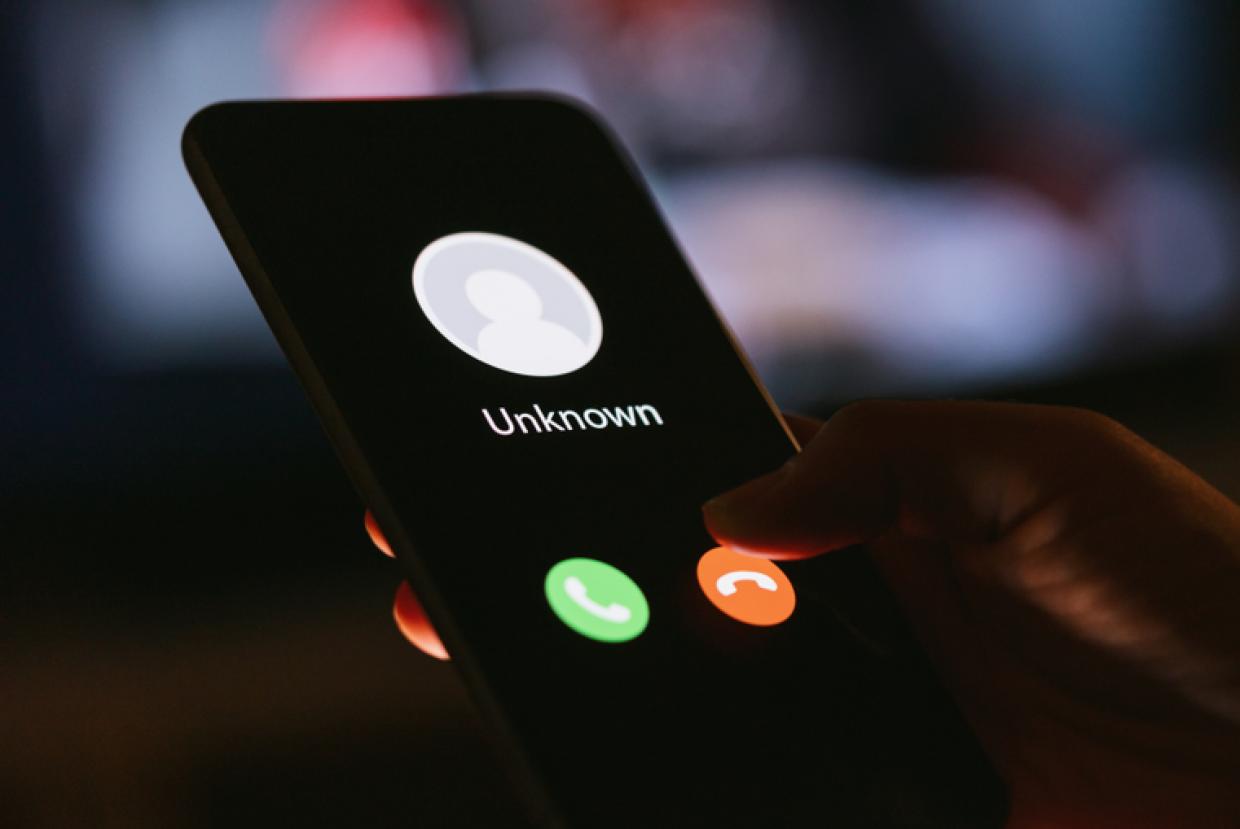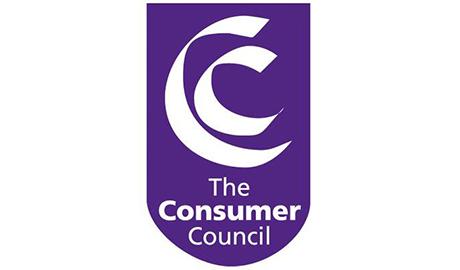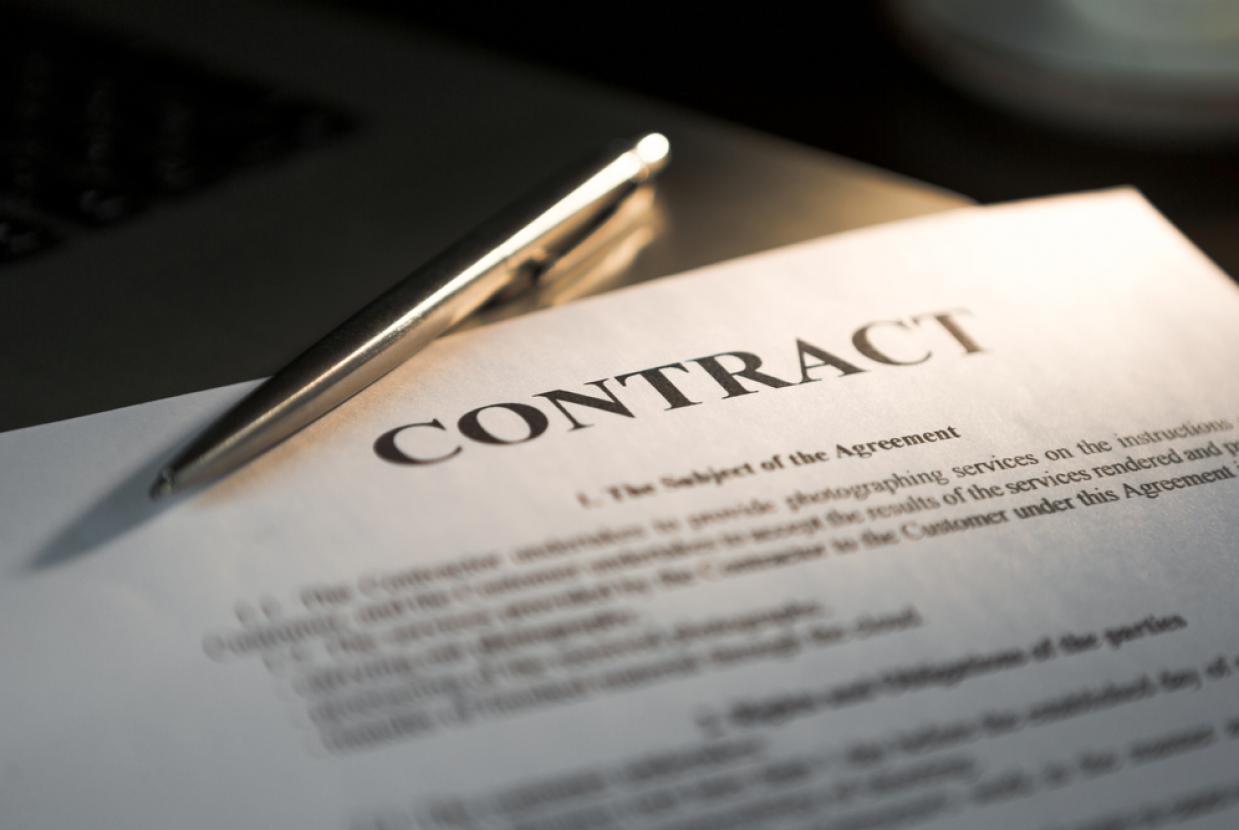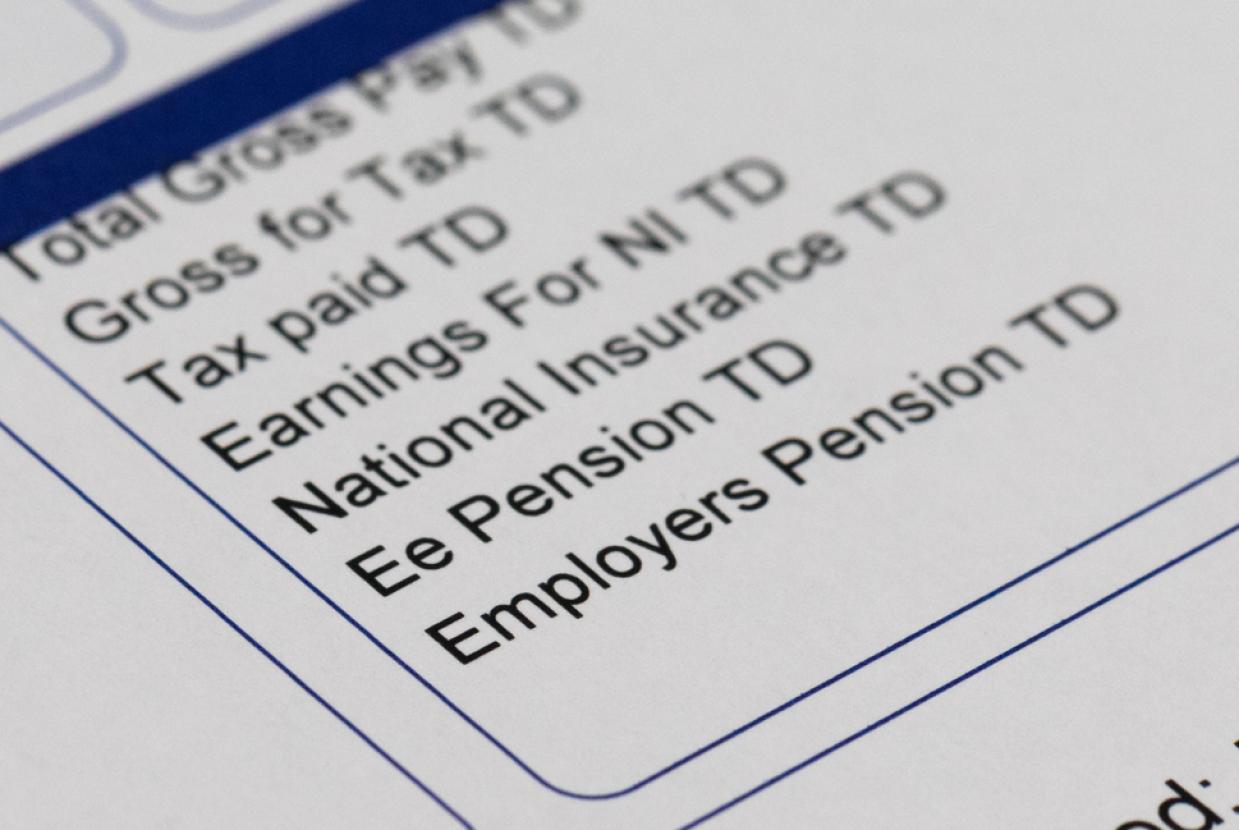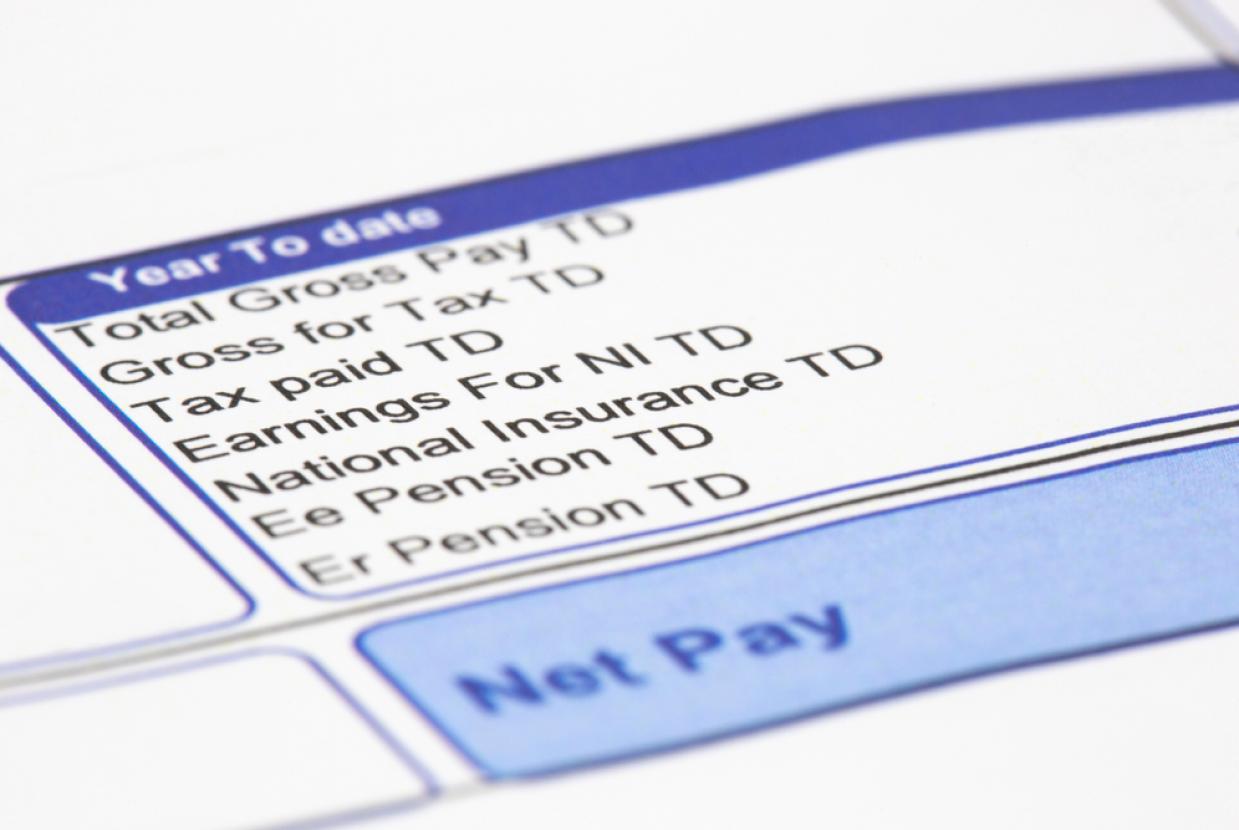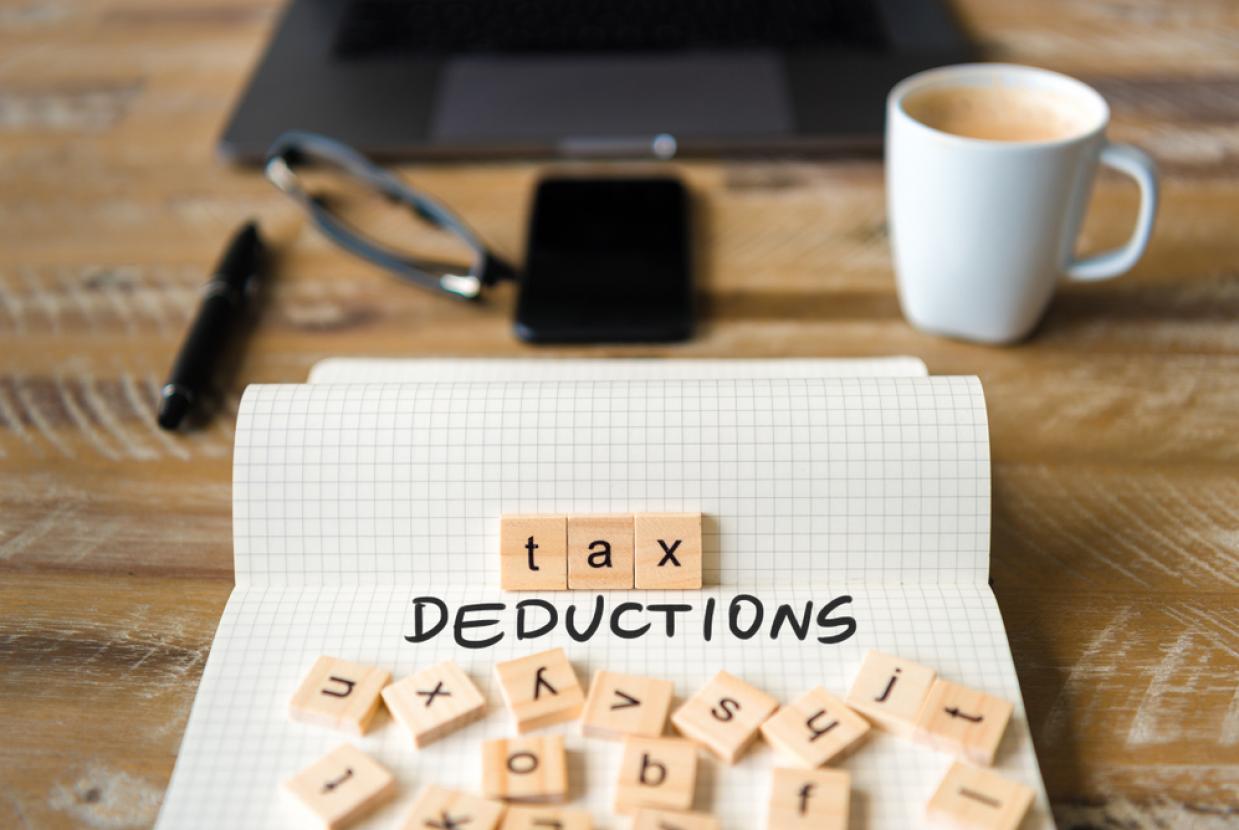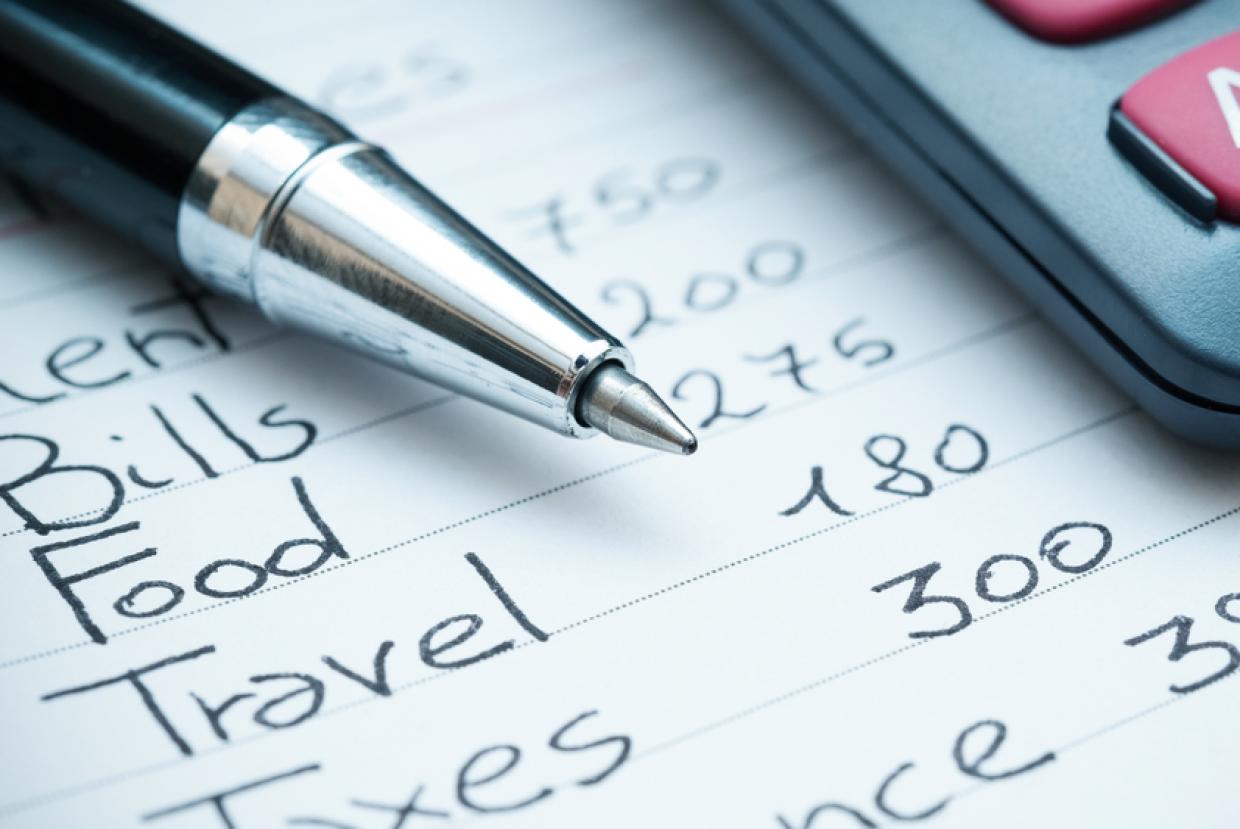Stay Safe From Scams
Did you know that last year, over £6 million was lost to scams in Northern Ireland? Your money and identity are precious. Do not lose it to scammers. It's so important to know that if you can spot a scam, you can stop a scam. It's as simple as that.Scams can be through the internet, phone, post, and even on your doorstep.
You should never reply to emails or text messages with your personal and banking information if you're unsure of the sending. When shopping online always pay by credit or debit card instead of bank transfer. If someone calls to your home unexpectedly, always treat them with caution and ask them to show you ID. Bad spelling and poor grammar in postal mail is often signs of a scam.
Your money and identity are precious. Do not lose it to scammers. It is so important to know that if you can spot a scam, you can stop a scam. It is as simple as that.
As part of NI Consumer Week, we want to give you a breakdown of the types of scams that are out there at the minute and the tools you can use to protect yourself against them. Over £107k was lost to scams in January this year in Northern Ireland.
Scams trends of 2022
The Consumer Council is proud to be a member of ScamwiseNI, chaired by the PSNI, and allows us to partner with 45 other organisations to keep consumers safe from scams. The partnership is celebrating five years of tackling scams, raising awareness of the different types of scams through campaigns and initiatives on consumer awareness.
Email, text message and social app scams
Phishing emails, text messages and social messaging apps are used by scammers to get your personal details. The email or message might ask you to click a link to visit a website. The email address and content can also look like it is from a real company or person.
In February 2022, ScamwiseNI reported Whatsapp message scams relating to being exposed to COVID-19 and another whereby a consumer lost £1300 to scammers who were pretending to be their son wanting to pay a bill. Do not get caught out.
How to protect yourself
- Never reply to this type of email or message with information such as your bank sort code, account number, or password.
- Do not click on links in an email or message if you are suspicious of the sender.
- Check if the greeting is personal - does it include your first and last name? If not this is a sign it is probably a scam.
- Often emails from fraudsters will say 'Hi', 'Greetings'.
- Watch out for spelling and grammar mistakes as this is often a sign of a scam.
- If you receive a social app message, check the number it is coming from. Verify who you are talking to. Remember, this type of scam is not limited to WhatsApp. Scammers will use all types of social media.
Phone scams
This is when fraudsters cold-call you and make you believe you are speaking to a member of staff from a trusted organisation such as the bank or a government department. They may try and persuade you into thinking you have been a victim of fraud and ask you to share personal and banking details.
Scammers can also make the caller display on your phone show an official telephone number, this is known as 'number spoofing'. This can make you think the call is from a real organisation, like, your bank, utility company, or HMRC.
In February 2022, ScamwiseNI received a report whereby a consumer in Northern Ireland lost £15,000, after providing their bank details to a caller who claimed to be from her bank. Do not get caught out.
How to protect yourself
- Never give out your personal and banking information if you are unsure of the sender.
- If you are in doubt, hang up the call and call the organisation directly using the contact details on their website.
- If possible, call the organisation back from a different telephone as scammers can stay on the line without you knowing.
- If it is not possible, wait a short while before returning the call.
Online scams
This type of scam can include romance scams, holiday scams, ticketing scams, and copycat websites. Scammers use online marketplaces and social media to target sell fake goods or goods that do not exist.
In January 2022, ScamwiseNI announced Police received a report from a consumer who lost £80,000 after being convinced to invest in cryptocurrency by an unknown person they had been speaking to through social media. Don’t get caught out by this type of ‘investment / get rich quick’ scam.
How to protect yourself from this type of scam
- Check the web address of the website you are being directed to. Most shopping websites end with ‘.co.uk’ or ‘.com’. Official UK Government or public body websites end with 'gov.uk' and 'org.uk'
- Is the advert offering expensive items at a low price? Stop and think – is this too good to be true?
- Check if the web address has ‘https’ and a padlock icon in the browser bar. The ‘s’ stands for secure and together with the padlock is an indication the website is safe.
- Never make payment for goods by bank transfer. When paying by credit or debit card you have some rights to get your money back.
- Do your research before buying from a website you have not used before. Read reviews of items and previous customer feedback.
- Never use public Wi-Fi to access your personal information. This is an easy way for scammers to get hold of your details.
Doorstep scams
This is when someone calls to your home, pretending that they represent an organisation and try to sell you something. They may pretend to represent law enforcement, utility companies, or fake charities. The aim is to take your money or steal your valuables. Doorstep selling is still a thing and there are genuine sellers out there.
How to protect yourself from this type of scam
- Always treat cold callers with caution.
- Keep your home secure and do not let strangers in.
- Use the PSNI Quick Check Scheme by calling 101 to check the identity of anyone calling on behalf of a utility company.
- Ask the caller to show you ID.
- Set up a free password scheme offered by utility companies like NI Water and NIE Networks
- Do not hand over cash or feel pressured into buying something.
- If you are an older person, make use of the PSNI Nominated Neighbour Scheme
Postal scams
Postal scams are when you receive a letter and the sole purpose is to get your money. There are many types of scam mail including fake lotteries and prize draws, pyramid schemes, investment scams, and hard-luck stories.
In December 2021, ScamwiseNI reported that police received information from a vulnerable person reporting a letter they received from ‘Durham Investment Inc'. advising they were entitled to claim 150 million dollars if they provided some personal details. To some, it may be obvious that this is a scam. However, for those more vulnerable in the community, it may not be so clear.
How to protect yourself from this type of scam
- Register with Mail Preference Service to have your name taken off direct mailing lists.
- Watch out for bad spelling and poor grammar as this is often signs of a scam.
- If it sounds too good to be true, it probably is. If you have not entered a competition you cannot win it.
- Do not reply with personal or financial information.
Reporting scams
If you have been caught out by a scam or you think a friend or family member has been affected, you can contact Consumerline. They can give advice and, if necessary, and pass the matter onto the Trading Standards Service.
You should report all scams to:
- PSNI - 101 (or 999 in an emergency)
- Action Fraud - 0300 123 2040


